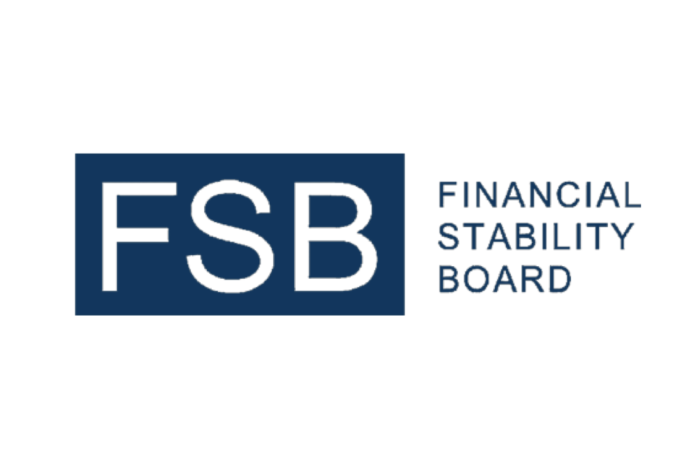
Binance Responds to Traders’ Concerns Allowing Asset Custody at Independent Banks
Binance, the world’s largest cryptocurrency exchange, has yielded to trader demands, enabling larger traders to hold their assets at independent banks, the Financial Times reported. This decision comes in response to a surge in concerns about the safety of assets on the exchange, particularly following regulatory actions and fines imposed by US authorities in the preceding year.
The move allows traders to choose reputable custodians such as Switzerland’s Sygnum Bank and Flow Bank, a departure from the previous restriction requiring assets to be held either on the exchange or through Binance’s custodial partner, Ceffu.
The decision to allow asset custody at independent banks reflects the growing unease among traders, amplified by the regulatory scrutiny Binance faced in the US. In November 2022, Binance incurred a historic $4.3 billion fine following criminal charges related to money laundering and breaching international financial sanctions. The Securities and Exchange Commission (SEC) has also charged Binance with 13 securities law violations, accusing it of engaging in “an extensive web of deception and conflicts of interest.” Binance is actively contesting these charges.
Traders’ concerns intensified after the collapse of Binance’s rival, FTX, in 2022, leaving the funds of thousands of investors entangled in bankruptcy proceedings. As a response to these challenges, Binance has initiated a banking triparty solution, allowing larger traders to deposit their capital at reputable custodians like Sygnum and Flow Bank.
Traders voiced a preference for holding assets with regulated and independent custodians, expressing a sentiment of enhanced safety compared to keeping funds on the exchange. The head of a crypto trading firm emphasized the appeal of Swiss banks, citing the oversight from regulators as a factor that adds an additional layer of security.
The use of custodians like Ceffu has been considered by some traders as a necessary compromise, with a sense that decisions are still influenced by Binance. Despite this, the move towards independent banks is seen as a positive step in mitigating counterparty risk.
Binance clarified that the banking triparty solution has been in development for almost two years, predating the recent surge in concerns about counterparty risk. This arrangement involves Binance, its customers, and a bank custodian, providing a mechanism for users to manage risk efficiently while maximizing capital utilization.
The triparty setup allows customers to deposit their capital at the custodian in US Treasuries, with traders earning approximately 4% interest due to the prevailing higher interest rate environment.





